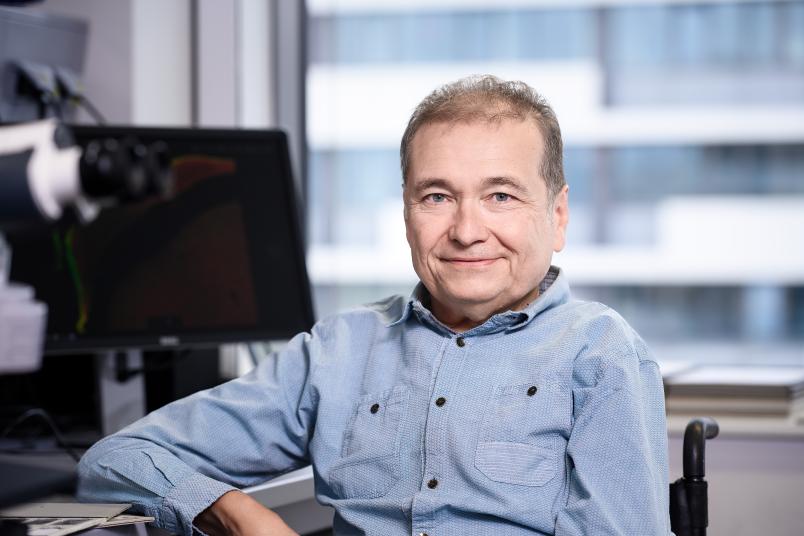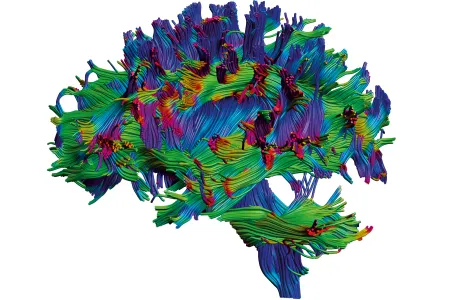
Point of view
The Value of Curiosity
Fundamental research: Many people in academia are concerned with the pursuit of knowledge, without an explicit application in mind. Is that a good thing? A commentary by Onur Güntürkün.
Many researchers are familiar with this situation: They are asked what they are working on, talk about their project and then hear the question: What is it good for? I too am familiar with this situation. My research group is interested in how the brains of birds and humans work and how behavior arises. Like many other basic researchers, we cannot answer the question about the meaning of our work by claiming that we want to cure a disease, stop climate change or develop a new product for industry. We do research to gain knowledge. Does that make sense? Yes, it does.
Decades ago, there was a small group of people interested in how to create a single-stranded ribonucleic acid (RNA) that could be used to transfer the genetic code for a protein. When asked with a mocking smile what this was supposed to achieve, they spoke of vague possibilities that it could cure diseases. They didn't really know. But they didn't dare to say that they were just curious to see if RNA could be artificially produced. So curious that one of them accepted the risk of leaving her home country to do research in another country. There she was later demoted by her university because of the uselessness of her research, found asylum in another laboratory and continued her research under the most difficult conditions and without financial support. In 2023, Katalin Karikó, together with her colleague Drew Weissman, received the Nobel Prize for her fundamental research on mRNA technology. This research enabled the COVID-19 vaccine and thus saved millions of lives. Most of these saved people do not know that they owe their lives to Katalin Karikó’s curiosity and thus to basic research.

Without basic research, we would not have the modern world.
Basic research creates the basis for later applications. Without it, we would not have the modern world in which people in Germany live to be 80 years old on average, listen to music while jogging and turn on the light at home in the evening with a simple push of a button. Speaking of light: When Michael Faraday was working on the first electric motor, the British Prime Minister is said to have asked him who would need such a thing. He probably smiled mockingly. Faraday is said to have replied: “There is a chance that you will soon be able to tax it.”
Even if basic researchers definitely don’t want their research to be applied in any way, their curiosity can prove extremely useful. The mathematician Godfrey Harold Hardy was interested in number theory and was convinced that it was useless. He was wrong: His research became the basis for the cryptography currently used by your bank to protect your savings from online access by criminals.
I am interested in why birds can be so smart even though they have such a small brain that is so different from ours. Crazy, isn’t it? I’m just very curious.
